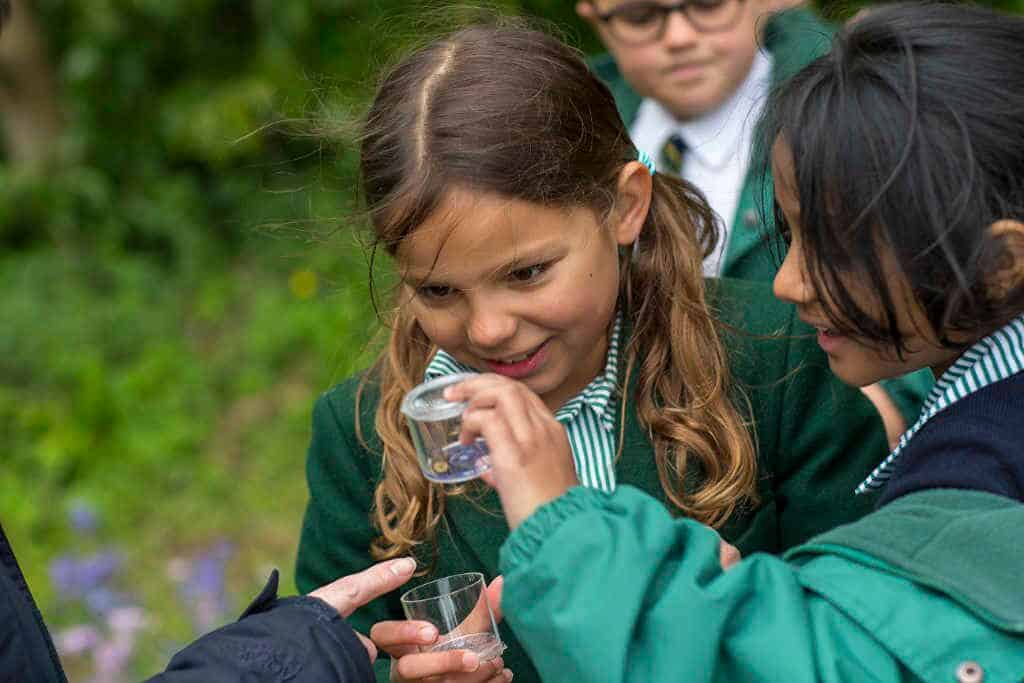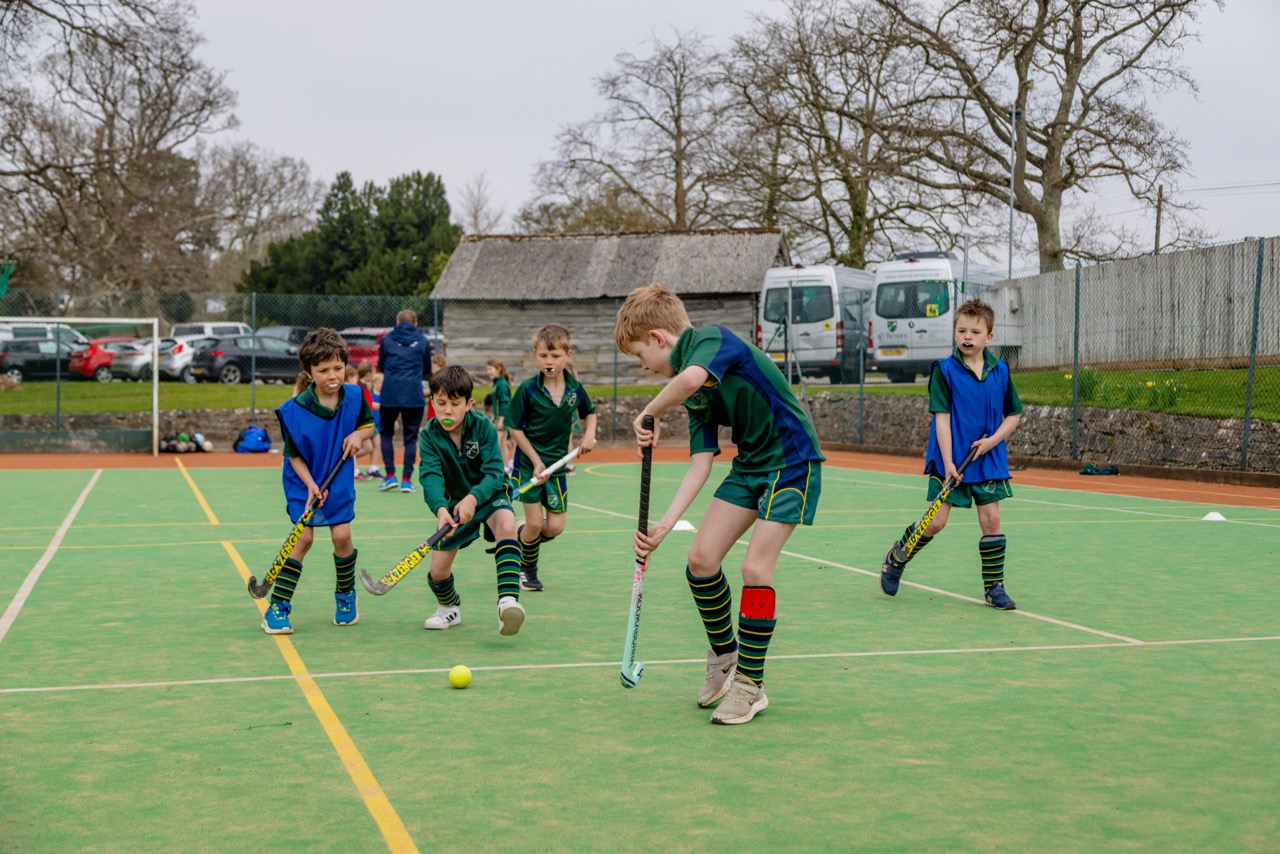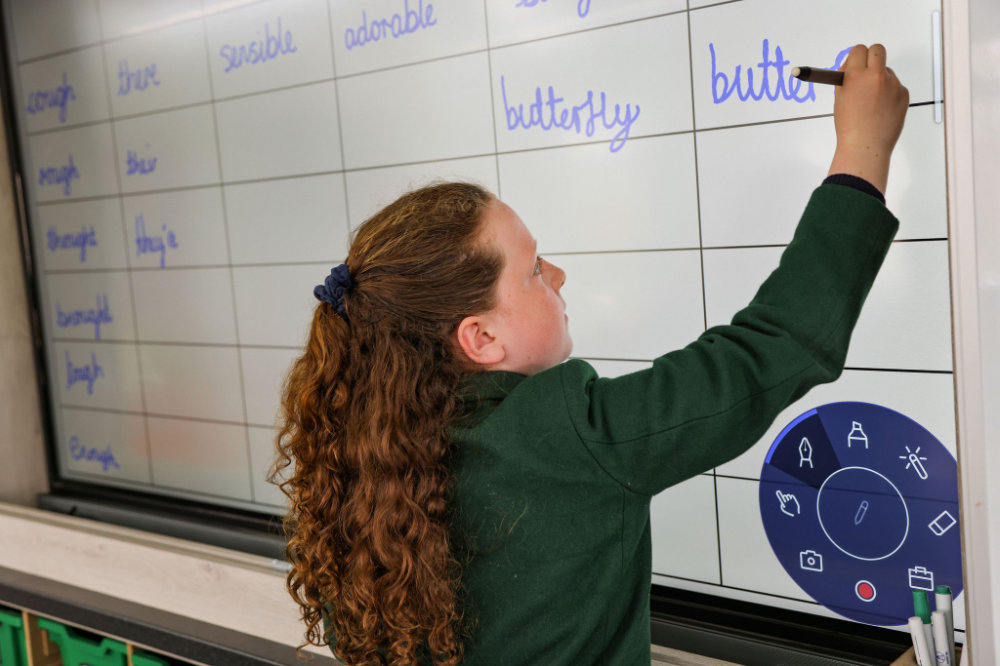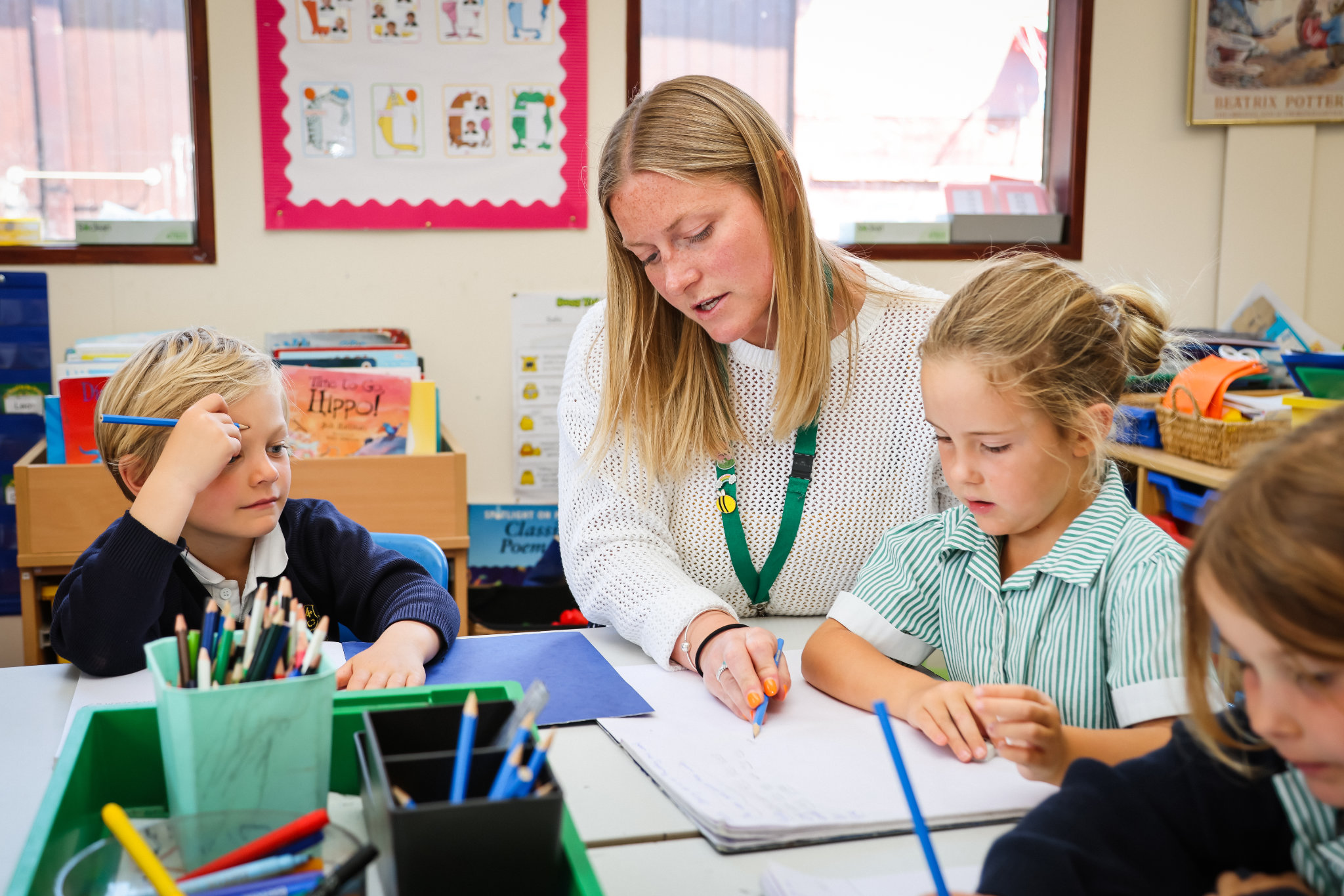Students across the world have recently been protesting against climate change and, in light of that, we are looking at ways to improve environmental awareness in children. Our children will be inheriting a planet that isn’t very healthy, and educating younger generations on how to care for the environment is important.
Environmental awareness is simply being aware of the environment and, as the planet is facing challenges including global warming, water shortage, floods, droughts and pollution, children as young as possible should be aware of the issues. Introducing education and knowledge about environmental awareness in the early years will mean teachers and parents can help shape positive and caring attitudes for how children should treat the world around them.
The Three Rs
The three Rs: reduce waste, reuse resources and recycle materials is a great starting point. Teaching children from an early age to put their litter in the bin, or even take it home to recycle or dispose of, will help them reduce waste from an early age. Teachers and parents can also lead by example, reusing items that don’t need to be one use only and putting as much as they can into recycling bins. Having a recycling system in the classroom helps as, when children know what can be recycled, they are willing to be involved.
Outdoor Learning
Taking learning outside is a great way to make children aware of what happens in the environment around them. At St Peter’s, we make use of the woods and lawns onsite with Wild Woods sessions, as well as the nearby beach for Beach School. The children enjoy studying the local nature, checking off the plants, birds and animals they see when out and about. Having these natural landscapes on our doorstep allows us to introduce children to nature in a way they might not have experienced before. We also use this opportunity to educate the pupils on how to act when outdoors in wild landscapes, from not littering to not disturbing animals’ habitats.
Switching Off
Children are using screens and devices a lot more in recent years, something we have previously discussed and, by limiting screen time and playing with electronic devices you can improve their environmental awareness. For parents and teachers alike, encouraging children to switch off appliances and lights when they are not needed will help get them in the habit of doing it throughout life. In addition to switching off electric devices, making sure taps are not running, or dripping can help children understand a small act can make a difference to the environment.
Encourage Questions and Ideas
A straightforward way to help children be aware of their environment is to ask questions that require an opinion or idea rather than a fact, talking with them as opposed to talking to them. Encouraging them to think up ideas or solutions to a problem, either real or imaginary, will get the children involved and aware of the changes happening around them. Keep a journal or calendar to record nature events, such as the first bluebell in spring, the official start to summer, last leaf falling in winter. Making a note of these events helps children become more aware and tuned in to their surroundings.
Showing the Bigger Picture
Young children are aware of their immediate environment, so showing the bigger picture and how big the world is, is another step to improving their environmental awareness. Using globes or maps of the world can become part of lessons on the environment, and having a child-friendly map or atlas at home helps encourage their curiosity for the wider world. You can also use TV shows or magazines, such as the BBC’s Planet Earth series and National Geographic which have endless pictures and videos showing the world’s varied landscapes and wildlife.
Our independent preschool, Devon, also encourages pupils to share their environmental knowledge with their friends and family, as well as put into practice what they have learned for outside school. Children soak up everything they find interesting and will retain that knowledge for a later date. If you want to find out more about the curriculum and topics pupils at St Peter’s learn about, don’t hesitate to get in touch or request a prospectus.









